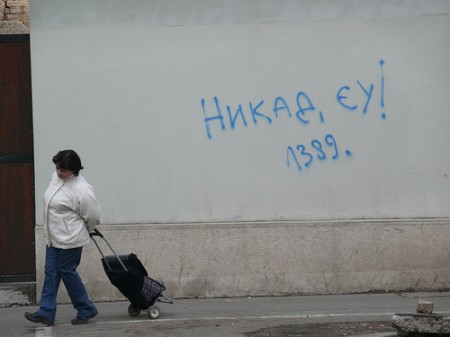
The ISN is pleased to offer you a special, expanded edition of ISN Insights this week, dedicated specifically to coverage of the International Security Forum (ISF) taking place 30 May-1 June 2011, in Zurich:
* On Monday, we take a closer look at the stalled state of US-Iranian relations, and envisage a world without nuclear weapons, with articles, respectively, from Dr John Limbert, Professor of Middle Eastern Studies at the US Naval Academy, and Alyson JK Bailes, Visiting Professor at the Univeristy of Iceland and former Director of the Stockholm International Peace Research Institute (SIPRI).
* Tuesday’s focus on the ten-year anniversary of 9/11 offers selections from Dr Paul Pillar, Visiting Professor and Director of Studies at the Center for Peace and Security Studies, Georgetown University, and Dr Lorenzo Vidino, Visiting Fellow at the Center for Security Studies (CSS), ETH Zurich.
* We’ll offer up on Wednesday an article on managing China’s rapid rise by Dr Kerry Brown, Head of the Asia Program at Chatham House, and a piece by the CSS’ Dr Myriam Dunn Cavelty, on developing a more realistic cyberthreat assessment.
And in case you missed any of last week’s coverage, you can catch up here on: the 20-year anniversary of Operation Solomon; opinion polls and IR; the challenges facing the new European External Action Service (EEAS); and understanding Pakistan’s nuclear rationale.




